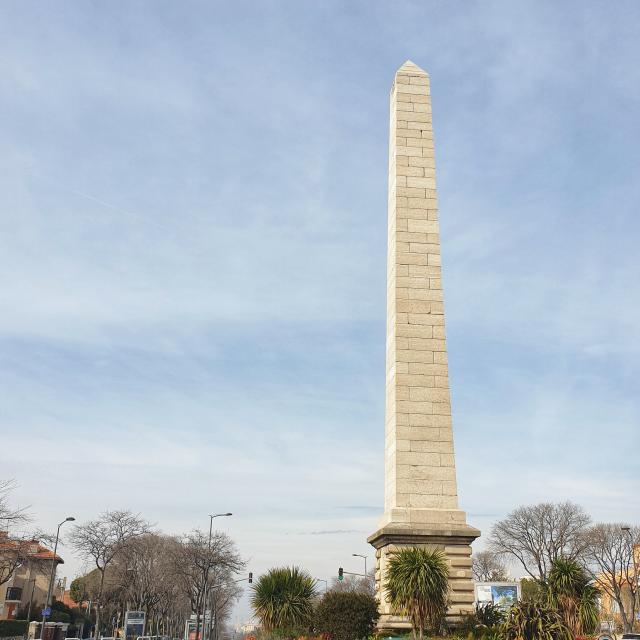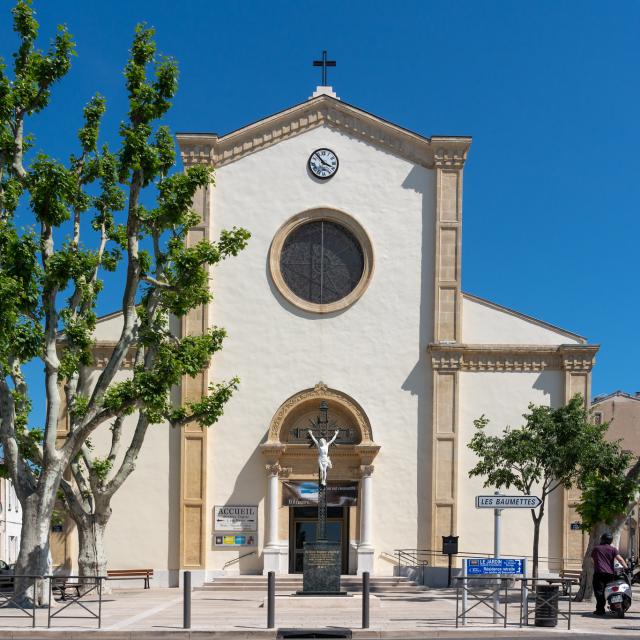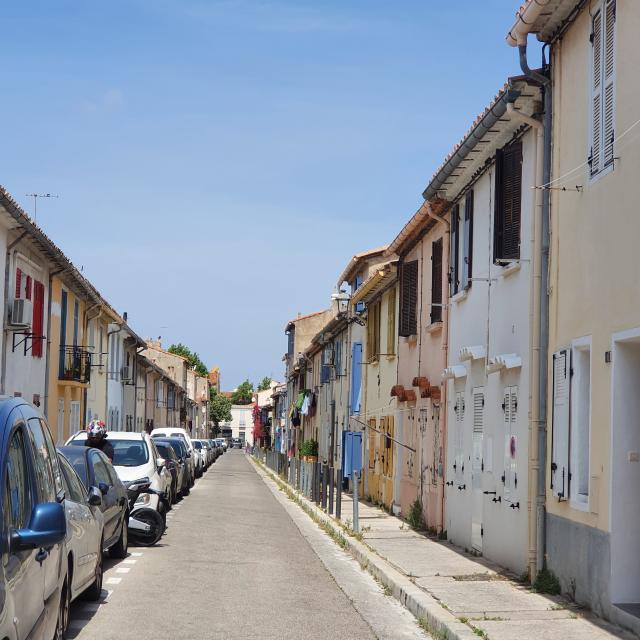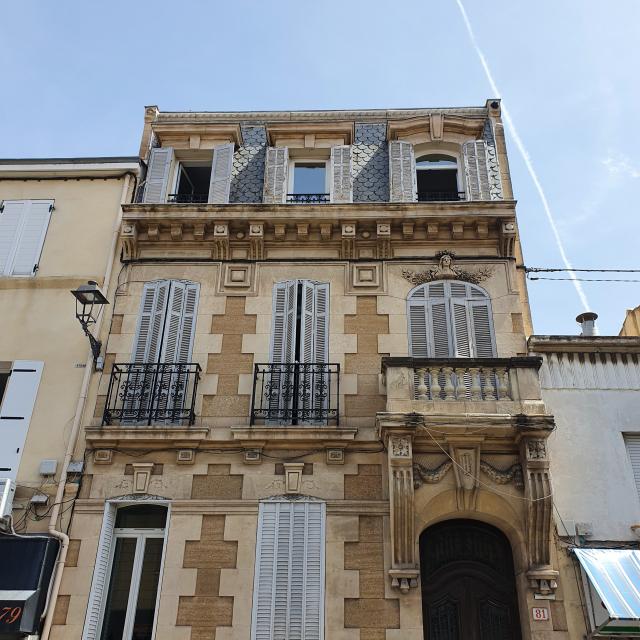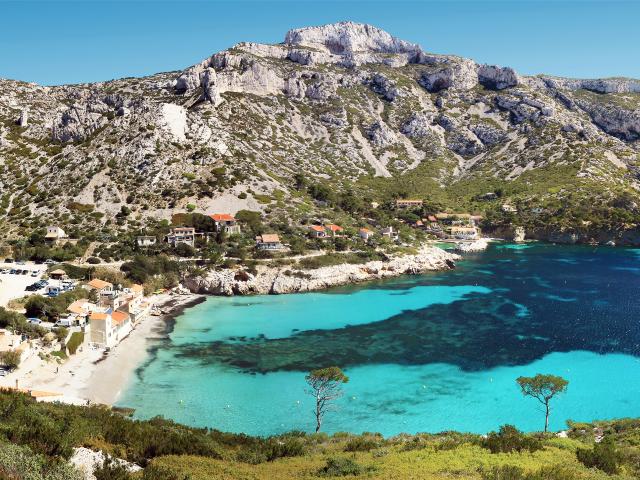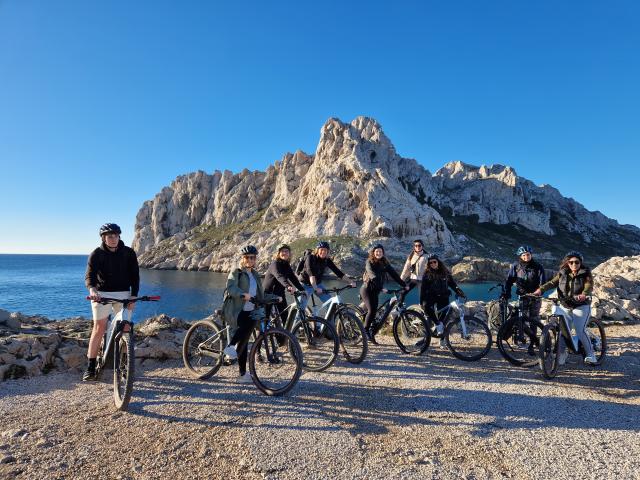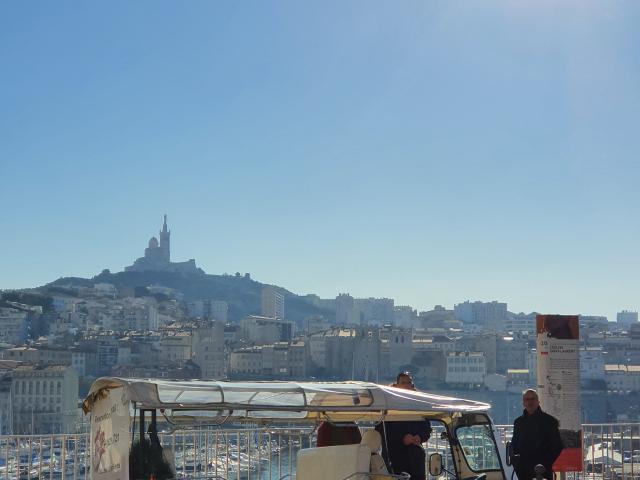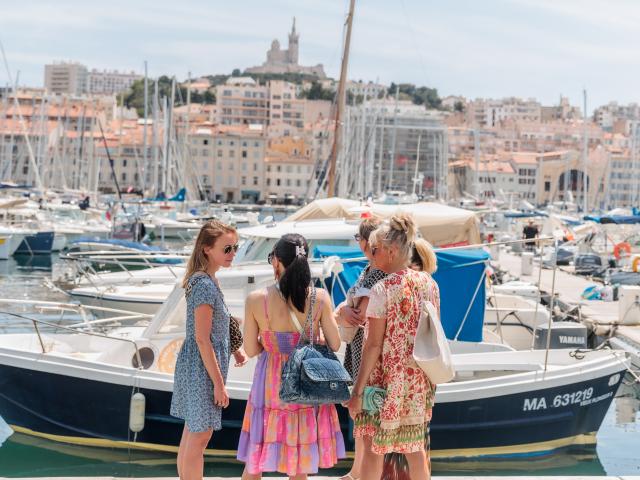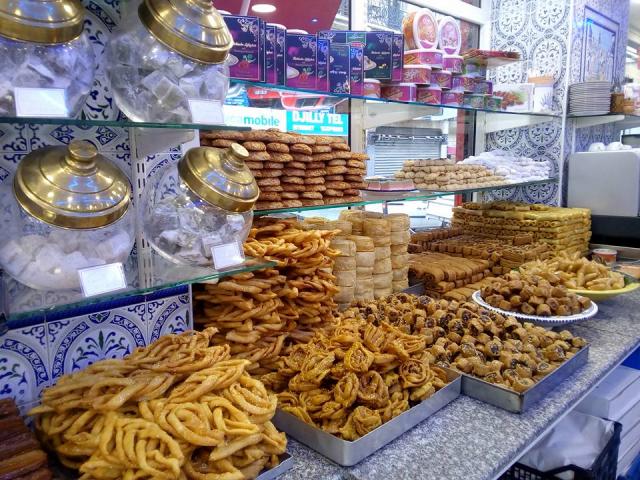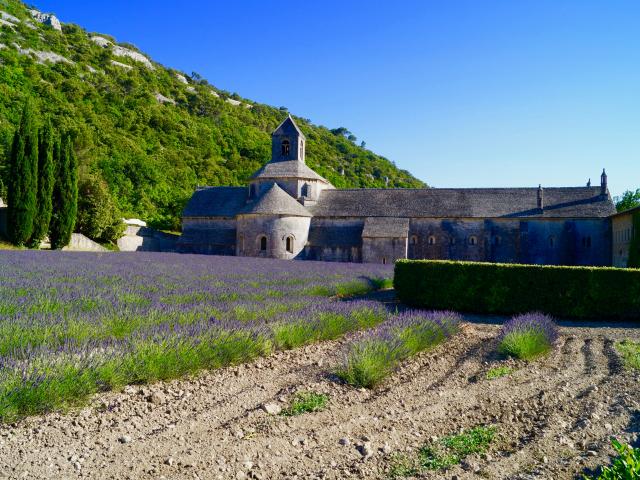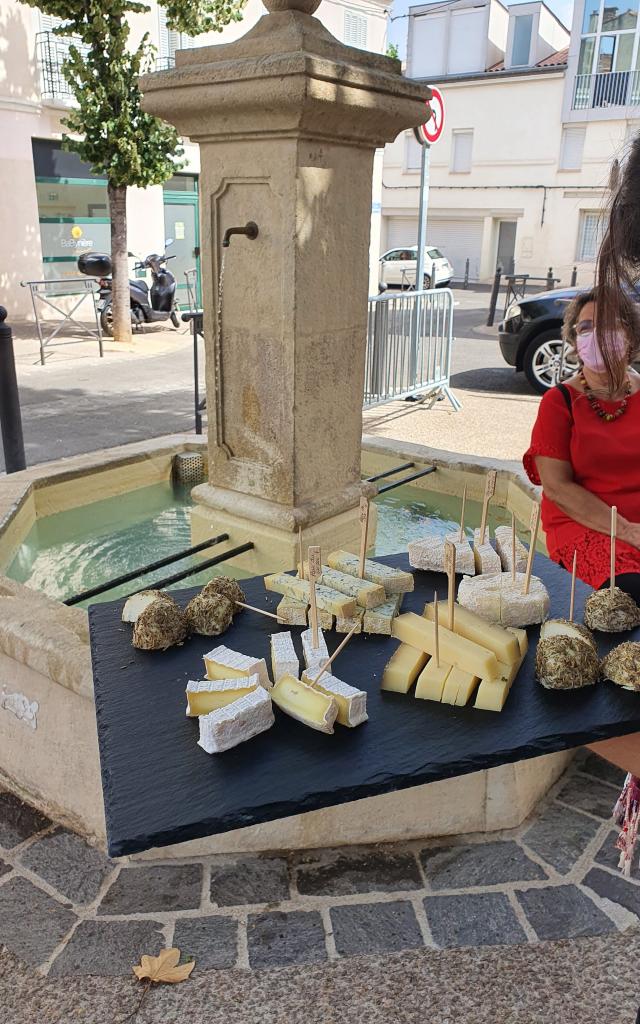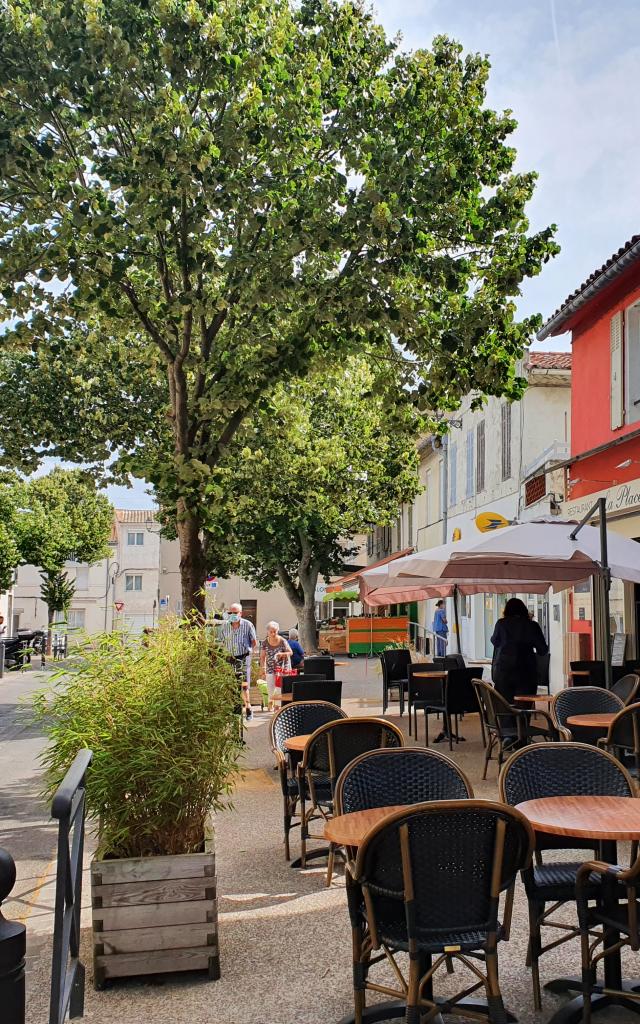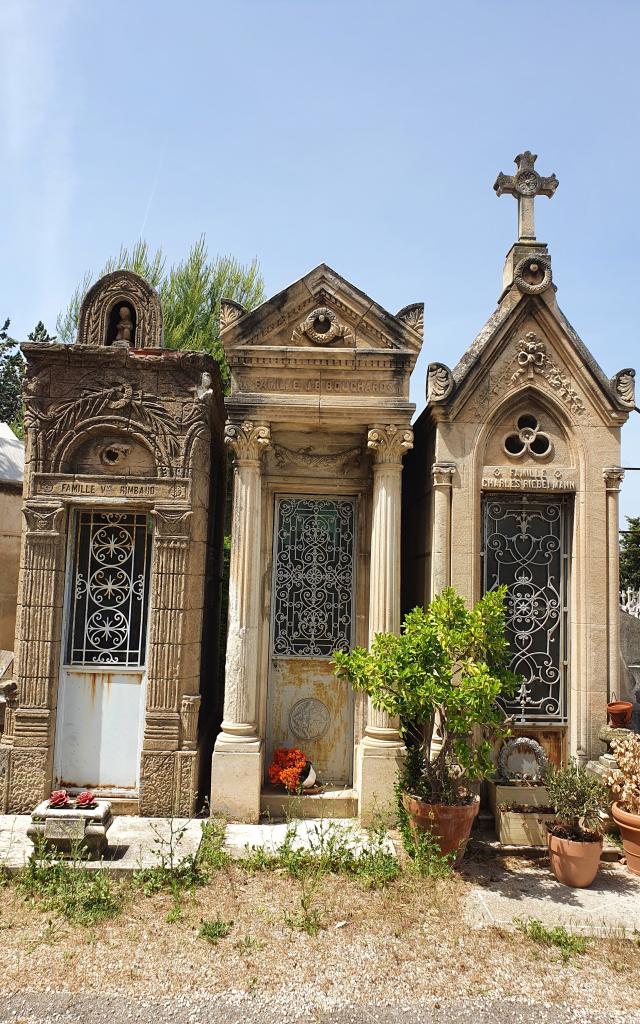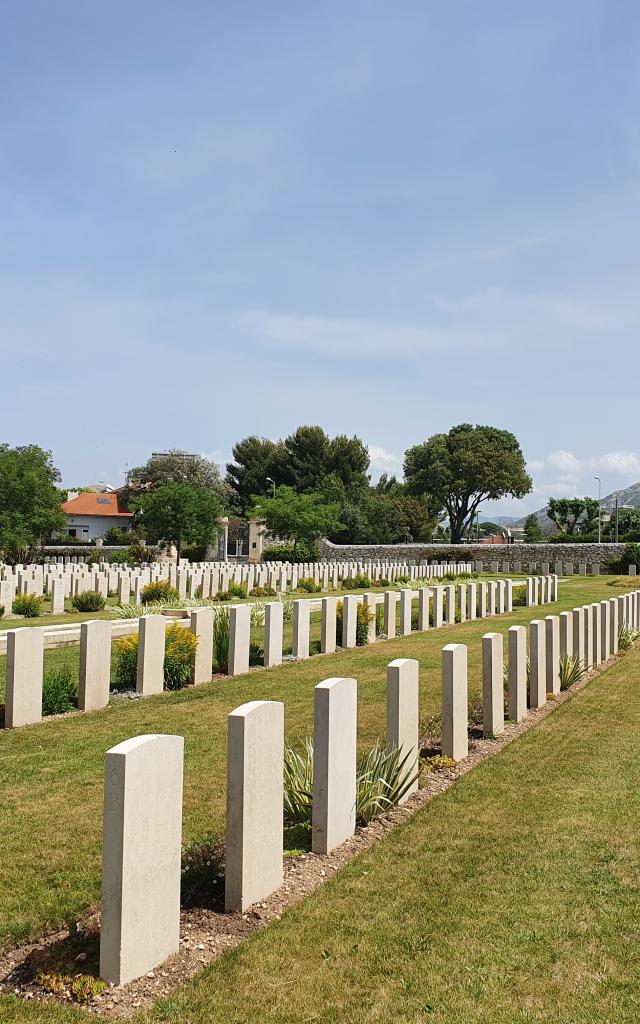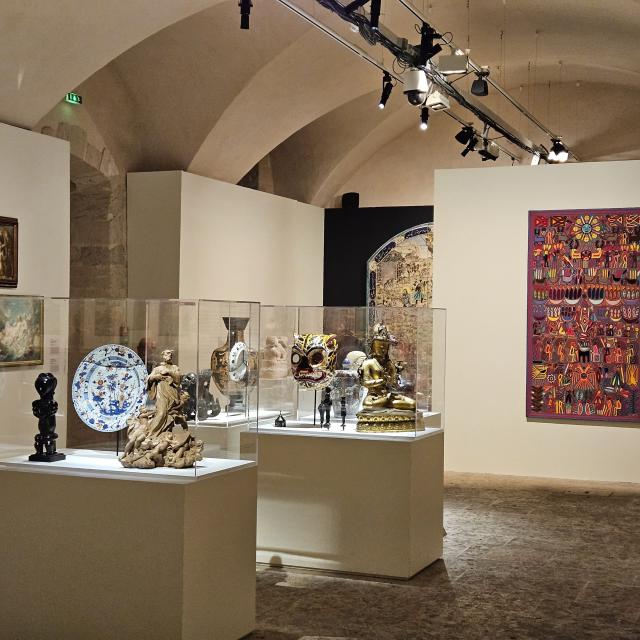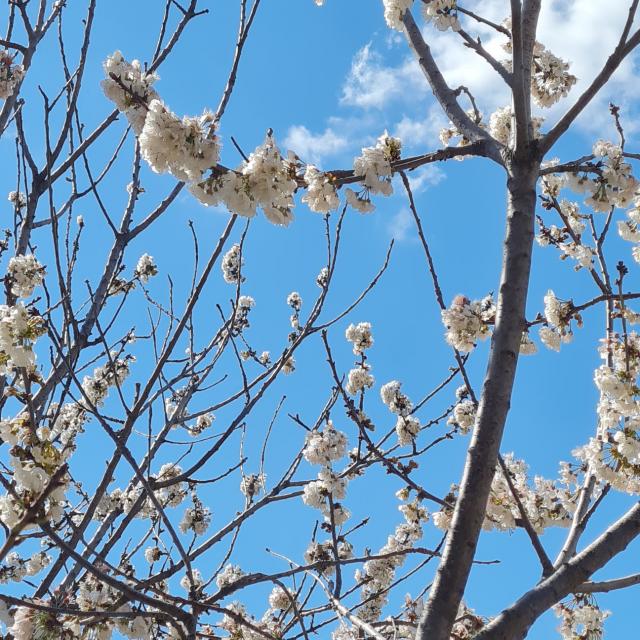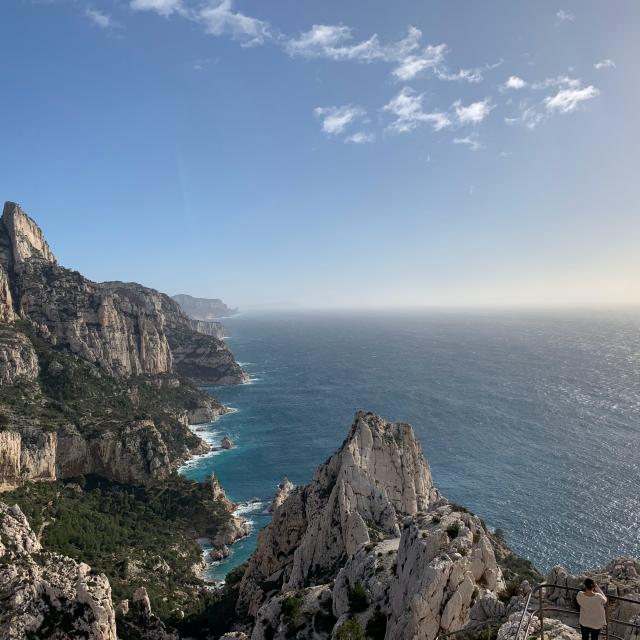One of the 111 villages of Marseille
A suburb at the doors of the Calanques
It is 10 am when the guide, Sarah, welcomes us at the foot of the obelisk of Mazargues, located in the south of the city in the 9th district of Marseille. This imposing monument built in honour of the birth of the king of Rome was previously located on the Castellane Square from where it was moved in 1911 to be replaced by a fountain. Located about 6km away from the city centre of Marseille, Mazargues was originally a rural village where the activity was mainly around fishing and agriculture. Little by little it became part to the city of Marseille, but it keeps to this day its old-fashioned charm.
Next to the Saint-Roch square on which you can find the church of Notre-Dame du Mont Carmel, you can see the ‘road of Morgiou’. In the past, it was the only road leading to the Calanques. In the morning, the donkeys came alone from Sormiou to bring back the fresh fish to the village!
We stroll through the colourful alleys where life is good.
Luxurious constructions
But Mazargues is not only village houses, it is also filled with luxurious Marseille bastides that belonged to numerous noble families such as the Ornano family, Grignan or Madame de Simiane, daughter of the famous Marquise de Sévigné. She also lived in a fortified castle located near the ‘rue du Puit’, called the ‘rue de la pompe’ by the people of Mazargues. This castle was burnt down and all that remains today is a bridge, which is evidence of the site of an old drawbridge. Hard to imagine that a few centuries earlier, Mazargues was mainly made up of swamps !
